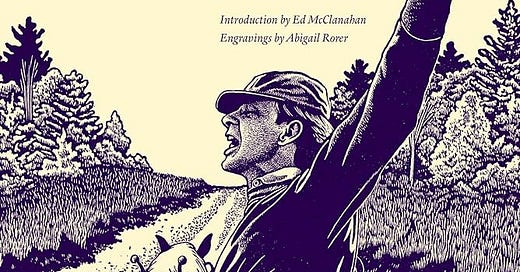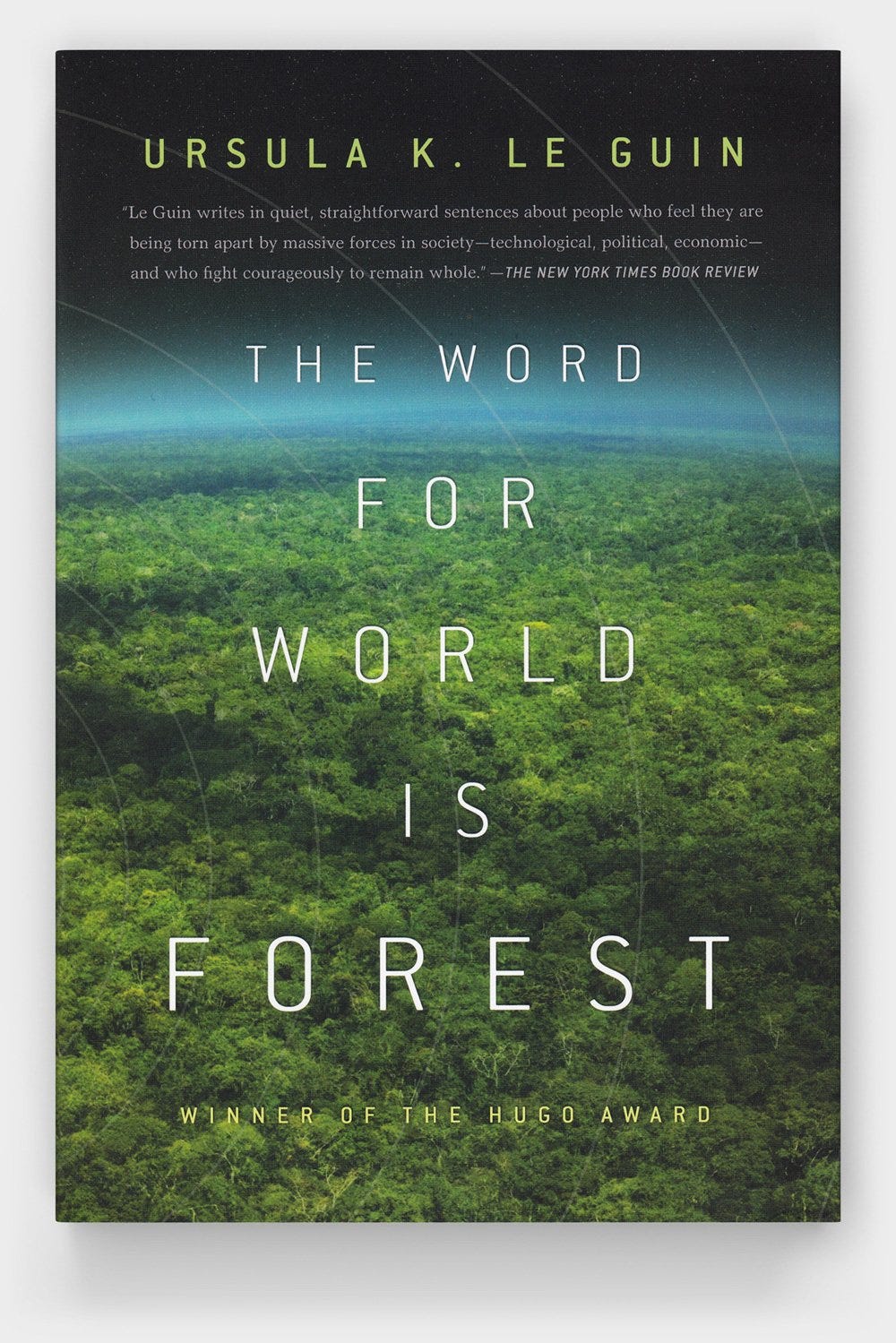I have set a rule for myself that I can only write one installment of this series per month, and that since volume 4 came out at the end of May that all future installments would need to be at the end of the month. So as we approach the end of June – and thus we start to remember that summer does come to an end, even in Texas – you might want to read one or two of these books.
And if you haven’t becoming a paying subscriber and now feel the urge, here’s a convenient button for you.
On to the books.
Tenth of December
We have by and large lost the art of the short story. Yes, it still exists. Yes, there are notable practitioners. No, nobody pays attention. Where previously short stories were a thing widely read – Gogol made his career on them, and Playboy and other men’s magazines provided a place for many writers to cut their teeth with the format – now they are relegated to the occasional collection, the underfunded literary journal, or the online publication.
Or The New Yorker, where short stories often become fodder for online discourse. That’s also where George Saunders published many of his short stories.
While Saunders has since published a novel, 2017’s brilliant but lonely Lincoln in the Bardo, it is his short story collection Tenth of December which still stands out. I remember reading this over the course of about a year, picking it up whenever I felt the urge: in a bar in Cambridge, MA before a bit of a bender, in a campus coffee shop in quiet Connecticut, on a plane to somewhere I’ve long forgotten.
All the stories are good, a few are truly great, and ‘The Semplica-Girl Diary’ still haunts me.
The Word for World is Forest
Readers of Walking Away know that I am a fan of Ursula K. Le Guin, so much so that I named this newsletter after one of her short stories. When people think of Le Guin, they typically think of A Wizard of Earthsea, The Left Hand of Darkness, or perhaps The Dispossessed or The Lathe of Heaven. The Word for World is Forest is rarely mentioned.
It is easy to simply describe The Word for World is Forest as eco-fiction, or as a kind of commentary on Vietnam, but I think there is something deeper going on. Throughout Le Guin’s work, there is an emphasis on a kind of voluntary poverty (or relative impoverishment). In The Dispossessed, it is the anarchists of Anarres who choose to be individually poor so they can live according to their ideals. In The Left Hand of Darkness, it is speculated that the freedom from sexual differentiation has reduced the planet’s propensity for war, but also their propensity for robust commerce. In The Word for World is Forest, we see a poor, seemingly undeveloped species who are able to maintain their spiritual and social lives only because they do not embrace developing technologies — and as we see in so much of Le Guin’s work, this species is then seen as uncivilized, subhuman, and ripe for exploitation.
News from Nowhere and Other Writings
Keep reading with a 7-day free trial
Subscribe to Commonplace Philosophy to keep reading this post and get 7 days of free access to the full post archives.





